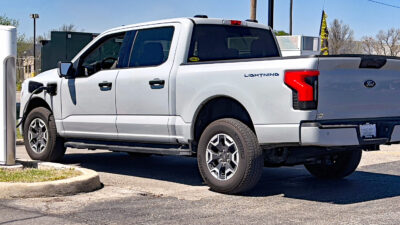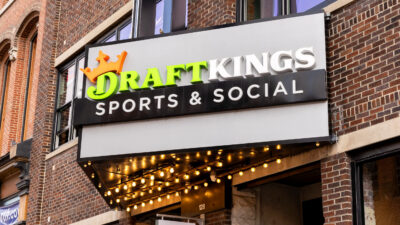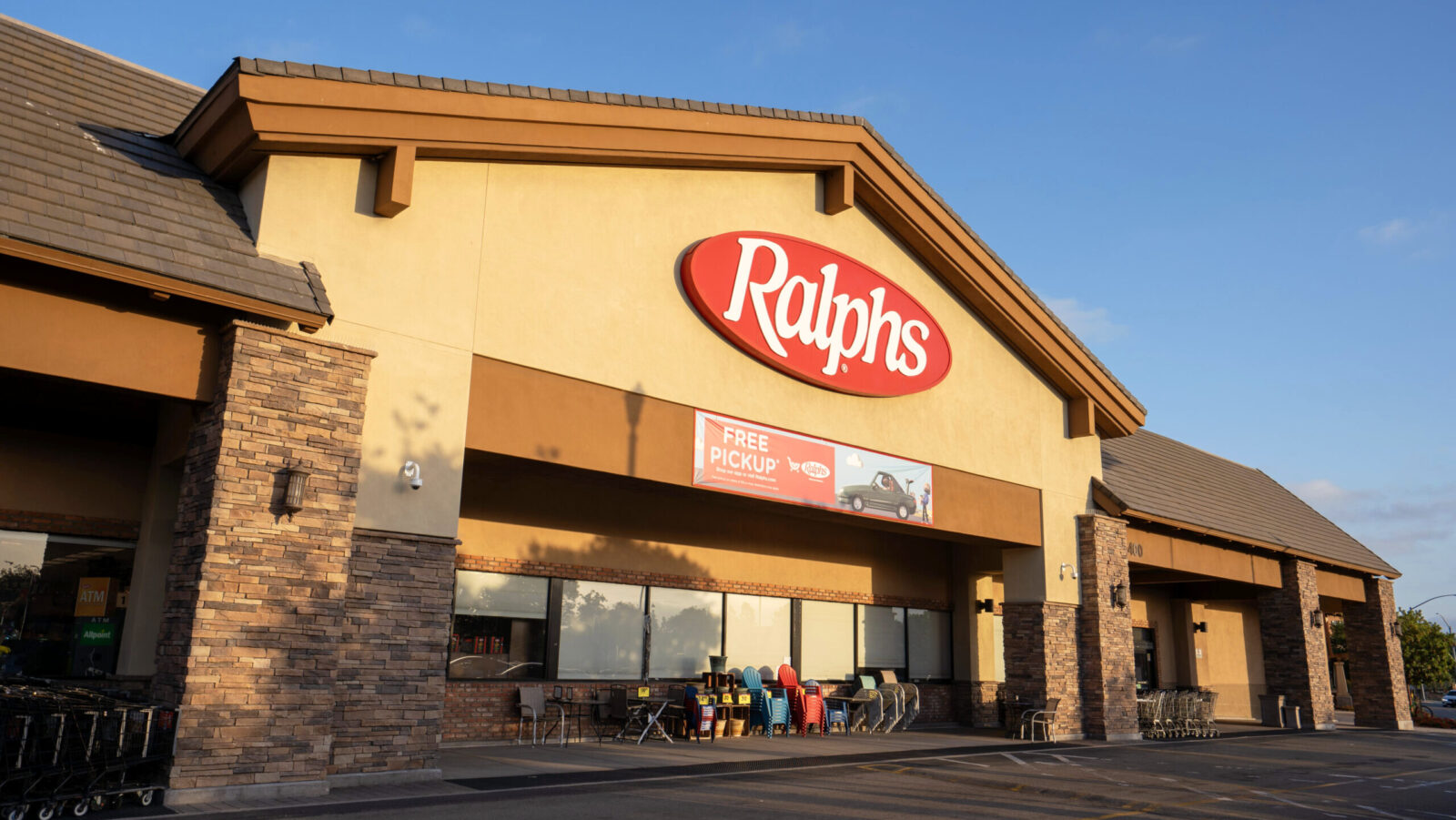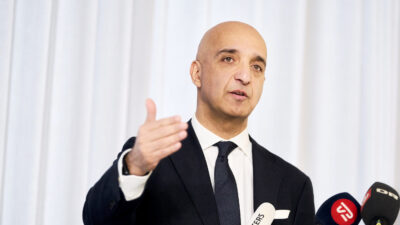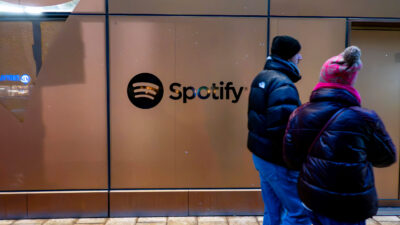Carvana Whizzes Through Green Light From Jefferies Upgrade
Car vending machines are all the rage this year, with shares in the firm behind the novel notion, Carvana, soaring this year.
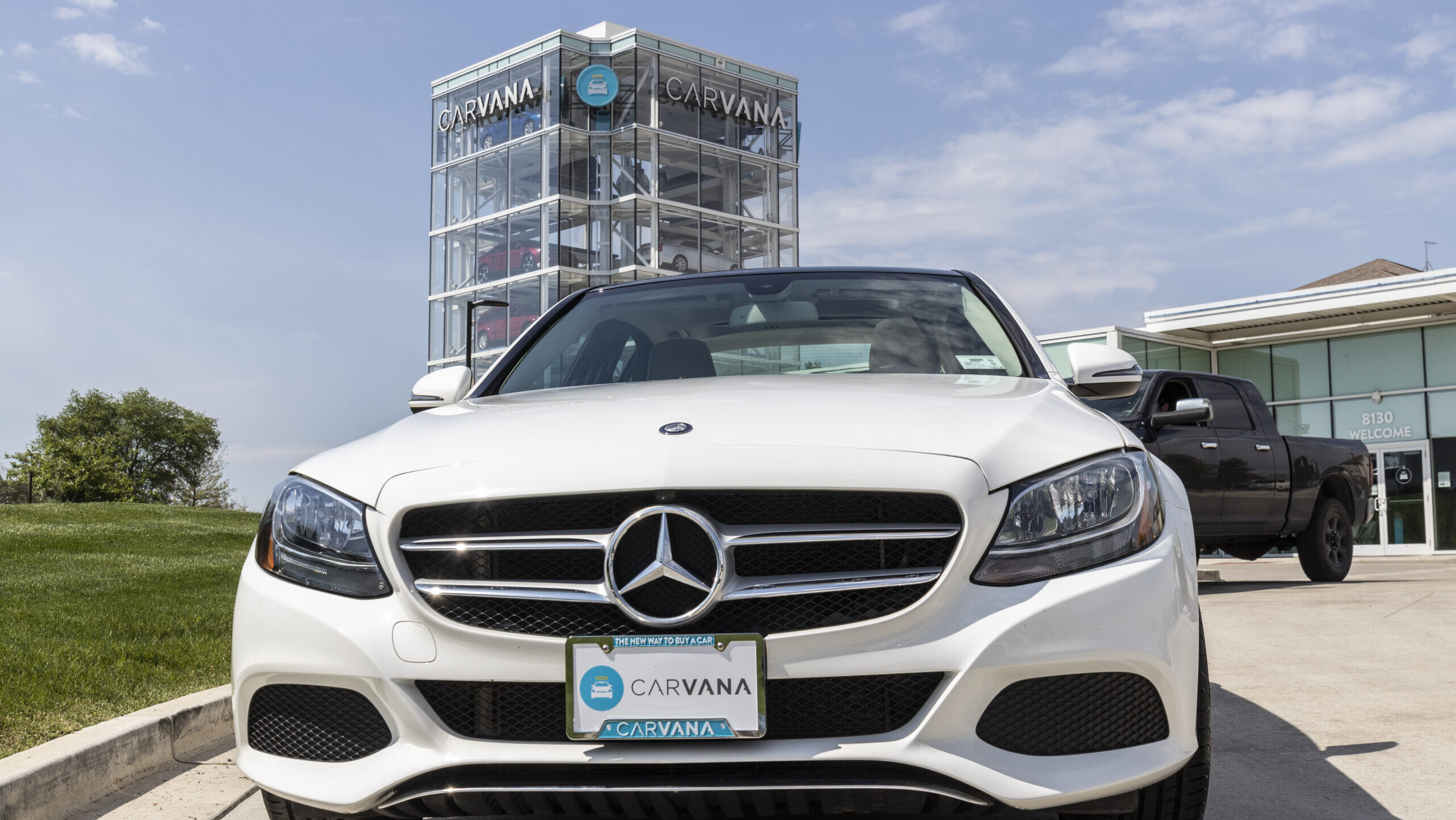
Sign up for smart news, insights, and analysis on the biggest financial stories of the day.
With a post-pandemic stallout far in the rearview mirror, Carvana is finally locked into top gear.
Shares of the online used car dealer — already up some 90% year-to-date — popped even more on Wednesday after Jefferies analysts upgraded its stock rating to buy from hold.
Drive to Survive
2025 has proven a long, winding road for the car vending machine operator. The year began with a scathing research report from the now-closed short-selling hedge fund Hindenburg Research, which alleged serious accounting fraud. Then came the Liberation Day tariffs just a couple of months later, sending the entire auto industry into a tailspin. But through it all, Carvana has managed to cruise by. In its first-quarter earnings report, the company posted record car sales (133,898), record revenue ($4.2 billion), and record net income ($373 million). In its second quarter, during which the Trump administration imposed 25% tariffs on car imports and 25% tariffs on used car parts, Carvana again set records for car sales and revenue, although it also recorded a slight dip in profitability.
Having overcome multiple shocks, Carvana stock now trades higher than its pandemic-era peak, at $395 a pop. According to Jefferies, there’s still plenty of road ahead to rev up even more:
- Carvana currently holds only a 2% share of the used car sales market, according to Jefferies, but it’s well positioned to benefit from increasing shifts in consumer buying behavior. Just 5% of used car sales are fully completed online rather than at physical dealerships, according to a recent report from tech consulting firm Altman Solon. A Jefferies survey, however, found 33% of US adults would prefer to buy a used car online if prices were equal.
- For Carvana, closing the gap will require increasing inventory. Jefferies said the company is already moving to do so, highlighting Carvana’s upgrades to its reconditioning facilities, which prepare used cars for resale, as well as a web scrape that showed its current quarter should mark the third straight period of year-over-year unit sales growth of over 40%.
Hertz, Still Trying Hard: By 2035, Jefferies says Carvana could have a 10% foothold in the $800 billion used car sales market. They’ll have some more competition. After announcing a partnership to sell used cars on Amazon last month, Hertz on Tuesday said that it will now allow customers to complete the entire used car buying process online.


